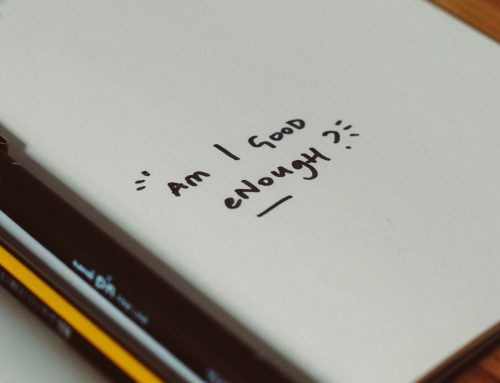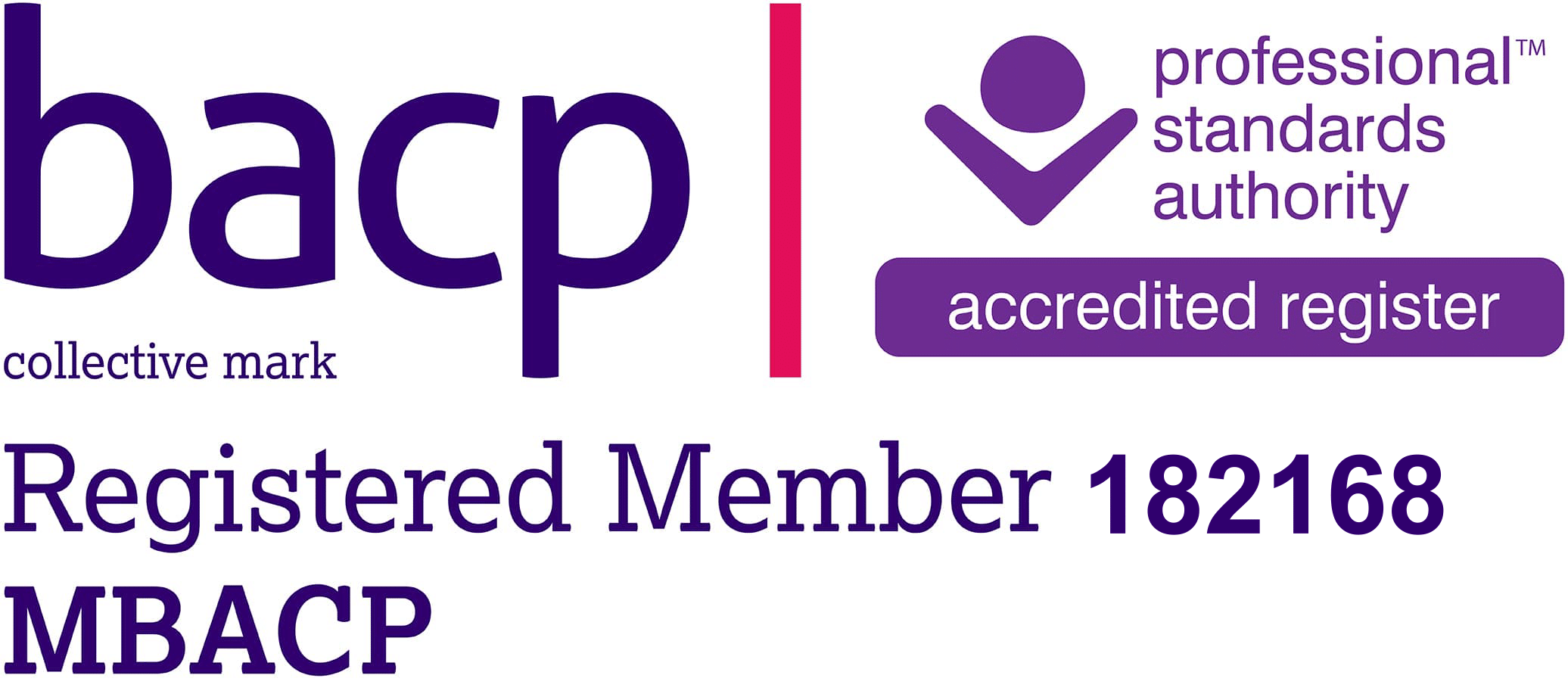It’s widely reported that one in four of us suffer from mental health issues at some point in our lives and more than three million people in the UK are diagnosed with a mental disorder and, sadly, that number is on the up.
Today I want to talk about one of the most-used words when talking about these worrying statistics: depression.
Depression, the word, is banded about quite freely by all of us. We have a bad day, “god, I’m depressed,” or we can’t afford to have our hair done, “it’s so depressing.” Is it? Not really.
Even though both these things can be not great and negatively impact our mood, it is only temporary, whereas people that suffer from depression have unfortunately been in it for the long haul. Depression is a mood disorder characterised by the persistent feeling of sadness, lack of motivation and interest. See the juxta positioning of ‘temporary’ and ‘persistent’ there.
Depression affects one in ten if us during our life time and more people are diagnosed with depression in the UK than the whole population of Wales. Sadly, those that experience bouts of depression often have it for years off and on and this depression can be triggered by life experiences, stress and unfortunate events – the trauma of everyday life – leading them down the depression rabbit hole.
Even more worrying statistics are that women are twice as likely as men to develop depression, there are 6,000 suicides recorded annually in the UK (one every 90 minutes) and more than half of all individuals committing suicide suffer from a major depressive disorder. Makes for tough reading, doesn’t it?
Depression is a complex disease and is developed usually by a mixture of causes including a stressful life, a family history of depression and personality traits.
A lot of the clients who I work with, or have worked with, are depressed or very much on the edge of this and, as their therapist, my role has been to work with them to identify the root cause, look at the symptoms and steadily introduce elements within their lives that could help them and alleviate their symptoms and feelings. Commonly, depression occurs firstly with physical issues which is why a lot of close family and friends don’t consider it could be a mental issue.
Personally I don’t see a separation between mental and physical ill health any more, and feel that we should give equal attention to both – our bodies and minds are one and the same and intrinsically linked. There is no shame in having a broken leg for example, so why should we feel any shame in feeling low in mood?
Key symptoms of depression include a feeling of anxiety, hopelessness and lack of motivation, not sleeping / eating well and a reduced appetite. And these don’t just happen overnight, they can be a gradual development over months and years so all of us have a responsibility to be mindful of these and keep a close, loving eye on our nearest and dearest.
Depression comes in many forms – it’s not all obvious. These include Acedia, Dysthymia, Bipolar, Depressive Episode, Melancholy, Seasonal Affective Disorder (SAD) and Postnatal Depression – all of which can flit in and out of people’s lives, depending on what’s going on in the world around them.
As a therapist, my job is to firstly recognise the symptoms, dig deeper and work with my clients to make steady in-roads to introduce healthy habits into their lives. These can include taking up or increasing their exercise, meditation, writing a diary, eating well, asking for help, and – where necessary – introducing medication (yep, there is a time and place for antidepressants, folks).
Unfortunately, when a person is depressed, the last thing on their mind is their self-care but my job is to link each element to a feeling or reaction. So, for example, I would explain the link between exercise and a good diet and sleeping better. It has been proved that by just doing 30 minutes of moderate exercise and meditation a day, it can help lift your mood and aid a more restful night’s sleep.
These days, there are so many apps out there to help including ‘
These days, there are so many apps out there to help including Nike & Run Club, Headspace and MyTherapy alongside organisations including Mind, Rethink Mental Illness and Time To Change.
And of course, there’s me.
What I will say is that all of us can help tackle depression by being aware and knowing the help that’s out there. We’ll all know the one in four person, so let’s make sure we help them as much as we can.







Such a great Blog Chrissie. It really brings home that this is a subject that must be talked out. With so many people being affected, knowledge of where to turn to, what can help and importantly who can help is key – and knowing that you are not alone. I agree that exercise can be a great help. As a yoga teacher, I have students at the end of my class comment on how relaxed they feel; how they have thought of nothing else, no worries, no stress through the class and how they leave lighter and more relaxed than when they arrived. It’s so important for everyone to find that something that can help.
Thanks Vicki, I always recommend meditation & yoga/pilates to my clients. Even if it feels futile in the beginning, the cummulative effect of developing this kind of practice is boundless – so good for us. I love what you do!
Cx